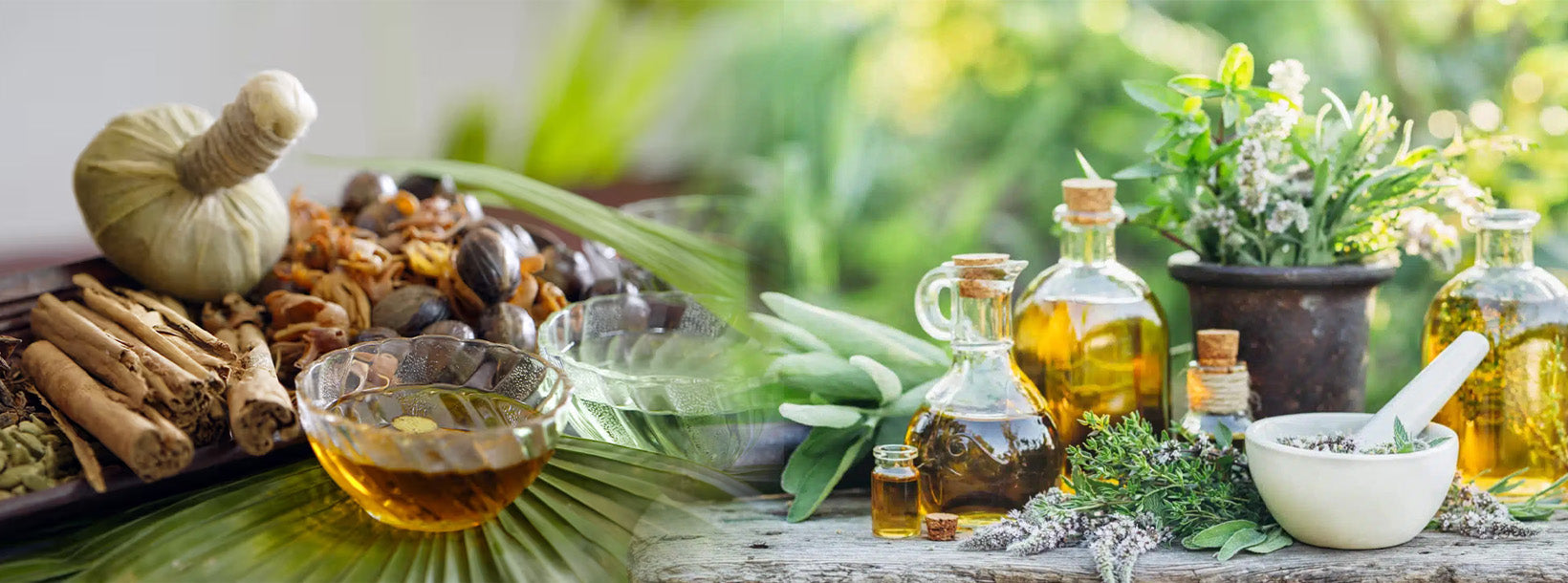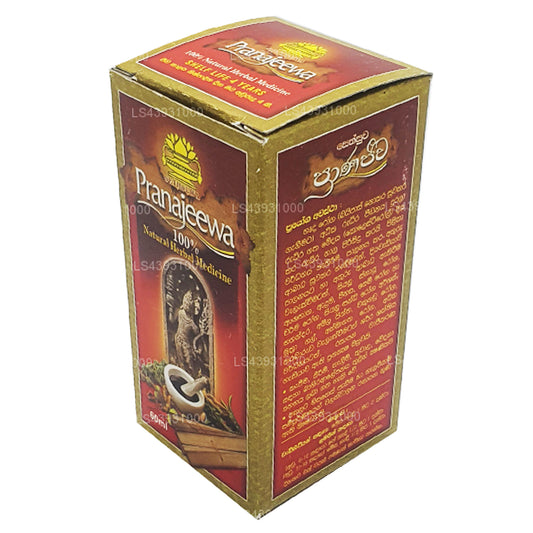
Ayurvedic Medicinal Plants
Sri Lanka's Ayurvedic tradition features a rich variety of medicinal plants used for centuries. Sri Lanka has a rich tradition of Ayurvedic medicine, drawing on its indigenous knowledge and a variety of medicinal plants. Here are some notable Ayurvedic medicinal plants found in Sri Lanka:
Peganum harmala
Peganum harmala, commonly known as Syrian rue or harmal, is a perennial plant species belonging to the family Nitrariaceae. It is native to arid and semi-arid regions of Asia, the Middle East, and parts of North Africa. The plant has been used historically in various cultures for medicinal, ritualistic, and psychoactive purposes.
Key Characteristics:
Appearance:
Peganum harmala is a bushy, herbaceous plant that typically grows up to 30-90 cm (1-3 feet) tall. It has narrow, feathery, and finely divided leaves that give it a delicate, fern-like appearance. The plant produces white or pale pink flowers, which are usually quite small but fragrant.
Seeds:
The plant is best known for its seeds, which are small, hard, and black. These seeds contain several active compounds, most notably harmaline and harmalol, which are alkaloids that have psychoactive and medicinal effects.
Habitat:
Peganum harmala thrives in dry, arid soils and is typically found in desert regions, steppes, and areas with little rainfall. It grows in sandy or rocky soils and can tolerate harsh conditions, including high temperatures and limited water availability.
Chemical Compounds:
The most important bioactive compounds in Peganum harmala are harmaline, harmalol, and other beta-carboline alkaloids. These compounds are known for their psychoactive and medicinal properties.
Harmaline: A potent monoamine oxidase inhibitor (MAOI), harmaline can interact with neurotransmitters in the brain, leading to psychoactive effects when consumed. This is one reason why the plant has been used in traditional religious rituals.
Harmalol: Another alkaloid found in the seeds, harmalol has mild psychoactive effects but is less potent than harmaline.
Uses:
Traditional Medicinal Uses:
Psychoactive and Ritualistic Uses:
Modern Uses:
Toxicity and Precautions:
Toxicity: The seeds of Peganum harmala contain powerful alkaloids that can be toxic if consumed in large quantities. Overdose can result in symptoms such as nausea, vomiting, seizures, and even death. When used as a psychoactive substance, the plant should be handled with great care due to the risk of toxicity, especially if combined with certain foods or drugs (such as antidepressants) due to the MAOI activity.
Drug Interactions: As a monoamine oxidase inhibitor, Peganum harmala can have dangerous interactions with various medications, including antidepressants, stimulants, and certain foods (especially those high in tyramine, like aged cheese and wine). Consuming these substances together can lead to a potentially life-threatening condition known as hypertensive crisis.
-

Ankenda
Acronychia pedunculata -

Beli
Aegle marmelos -

Bakmi
Nauclea orientalis -

Bangwel-geta
Coscinium fenestratum -

Bukinda /Walkinda
Tinospora malabarica -

Bu- kobbe
Allophylus cobbe -

Dodan –kaha
Memecylon capitellatum -

Diyamitta
Cissampelos pareira -

Embul dodan
Citrus aurantium -

Gas nidikumba
Biophytun reinward -

Hintambala
Carmona microphylla -

Goraka
Garcinia cambogia -

Karapincha
Murraya koenigii -

Keppetiya
Croton laccifer -

Kohomba
Azadirachta indica -

Kotikan-bevila
Sida alba -

Kudumiris (Forest paper)
Toddlia asiatica -

Kurundu
Cinnamomum zeylanicum -

Mahakaramba
Carissa carandas -

Muna mal
Mimusops elengi -

Nelli
Phyltanthus emblica -

Puwak
Areca catechu -

Rath mal
Ixora coccinea -

Eepatta / Ruk - anguna
Alangium salviifolium -

Siyambala
Tamarindus indica -

Walangasal / Wal-embilla
Embelia ribes -

Wal Karapincha
Micromelum ceylanicum -

Welangiriya
Paramignya monophylla
Ayurvedic and Herbal
-
Аюрведический травяной бальзам Siddhalepa
Обычная цена От руб100,00 RUBОбычная ценаЦена за единицу / заруб100,00 RUBЦена со скидкой От руб100,00 RUB -
Обезвоженные листья сметанного яблока Lakpura (гуанабана, гравиола, гайябано)
Обычная цена От руб300,00 RUBОбычная ценаЦена за единицу / заруб200,00 RUBЦена со скидкой От руб300,00 RUB -
Линк Сваста Трифала (30 таблеток)
Обычная цена От руб200,00 RUBОбычная ценаЦена за единицу / заруб200,00 RUBЦена со скидкой От руб200,00 RUB -
 Распродажа
РаспродажаЧудо-масло Сетсувы Пранадживы
Обычная цена От руб300,00 RUBОбычная ценаЦена за единицу / заруб400,00 RUBЦена со скидкой От руб300,00 RUBРаспродажа

















































